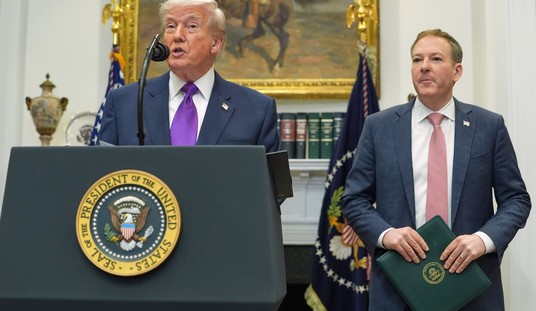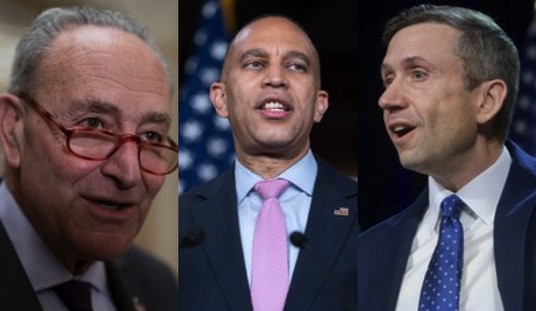According to the Centers for Disease Control and Prevention in Atlanta, opioids (painkillers that include anything from Vicodin to OxyContin to heroin) were involved in some way in 33,091 deaths in 2015. The nation, in short, is in the grip of an epidemic; one that has had a devastating effect on rural communities more than any other, and that is often considered instigated by the rampant use of prescription drugs.
In Colorado, 2nd in the nation for prescription drug abuse, the attorney general has finally gotten wise to the need to study just how and why the abuse of prescription drugs may have begun and why it has prolonged — and she’s looking, at least partially, in the direction of pharmaceutical companies that make and market prescription pain meds.
Colorado Attorney General Cynthia Coffman is joining a bipartisan coalition of attorneys general across the country that is investigating whether, and possibly how, drug manufacturers broke any laws in marketing opioids — and any connection their work may have to the painkiller and heroin epidemic in Colorado and nationally.
The group, which involves a majority of state attorneys general, is not releasing the specifics of the inquiry but says it will look into how manufacturers may have been responsible for creating or prolonging the epidemic.
The officials plan to “determine the appropriate course of action to collectively address the opioid crisis,” Coffman’s office said in a news release Thursday.
“Every day our country and state lose loved ones to the opioid epidemic,” Coffman said in the news release. “My office understands that the fight against opioid addiction requires many partners. We will use the law as a sword and a shield to best serve those we represent. As a sword to hold accountable those who promote or sell opioids in violation of state law, and as a shield to protect the vulnerable struggling with addiction.”
It’s no secret that many of these drugs have terrible side effects, to the extent that the user who starts out trying to control pain ends up with a host of other problems related to the side effects from their scripts, on top of and in addition to mere addiction.
Veterans, for example, who suffer from PTSD and other trauma-related injuries, are particularly susceptible to the overuse of these medications. We already know the suicide rate among veterans is high and doesn’t show signs of slowing, but a study conducted by the VA Center for Clinical Management Research and the University of Michigan in Ann Arbor says that prescription painkillers may be playing an outsized role in veterans choosing to end their lives.
While drug and alcohol problems are associated with a higher risk of suicide among veterans, the increased danger is particularly high with opioid abuse, a U.S. study suggests.
Overall, male veterans with drug or alcohol problems are more than twice as likely to die by suicide as other ex-service members, researchers report in the journal Addiction. For female veterans with substance use disorders, the odds of death from suicide are almost six times higher.
The suicide risk is particularly high when veterans misuse prescription sedatives, with more than quadrupled odds of suicide for men and more than 11 times the risk for women, the study also found. Among female veterans, opioids were also tied to a nearly eight-times-higher risk of suicide, while amphetamines and stimulants were tied to almost six times the risk.
It is increasingly obvious that this nation has become medicated to the point that if you’re not on drugs to control some kind of malady — real or imagined — you are in the minority. And the drug companies, judging by the number of advertisements for everything from depression to restless leg syndrome, is certainly not trying to curb the hunger for meds. So it’s more than time for legislators to get on the ball looking into why and how the country is comfortably numb. The New York Times, in a piece that is almost too cute for the subject matter at hand, puts it this way:
This past winter, Sarah Fader, a 37-year-old social media consultant in Brooklyn who has generalized anxiety disorder, texted a friend in Oregon about an impending visit, and when a quick response failed to materialize, she posted on Twitter to her 16,000-plus followers. “I don’t hear from my friend for a day — my thought, they don’t want to be my friend anymore,” she wrote, appending the hashtag #ThisIsWhatAnxietyFeelsLike.
Thousands of people were soon offering up their own examples under the hashtag; some were retweeted more than 1,000 times. You might say Ms. Fader struck a nerve. “If you’re a human being living in 2017 and you’re not anxious,” she said on the telephone, “there’s something wrong with you.”
Drug companies, who are in bed with medical professionals when it comes to overprescribing these medications, should be looked at and checked for their role in the national drug problem we face. And if you don’t believe they are at least partially responsible, think again:
A ProPublica analysis has found that doctors who receive payments from the medical industry do indeed prescribe drugs differently on average than their colleagues who don’t. And the more money they receive, the more brand-name medications they tend to prescribe.
The results of the study undertaken by the attorneys general should be interesting. Hopefully we catch the problem in time to wean people off their meds without too much detox damage to our national psyche.














Join the conversation as a VIP Member